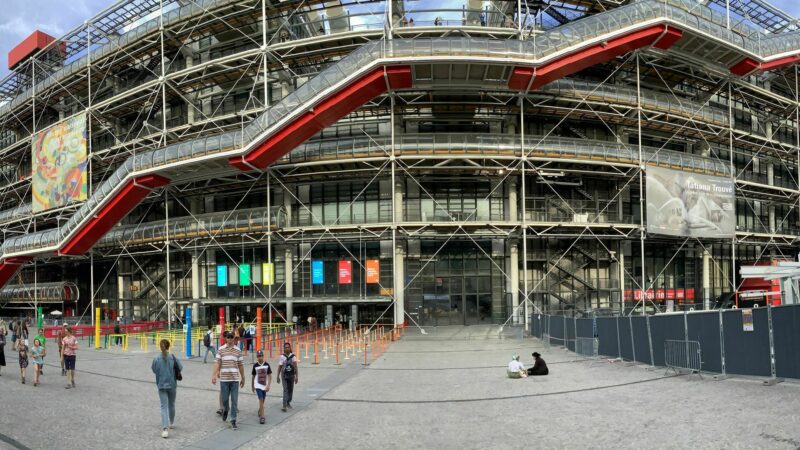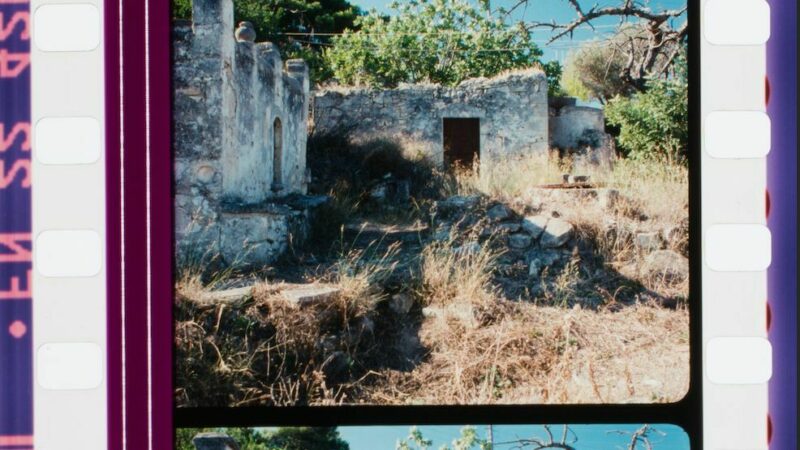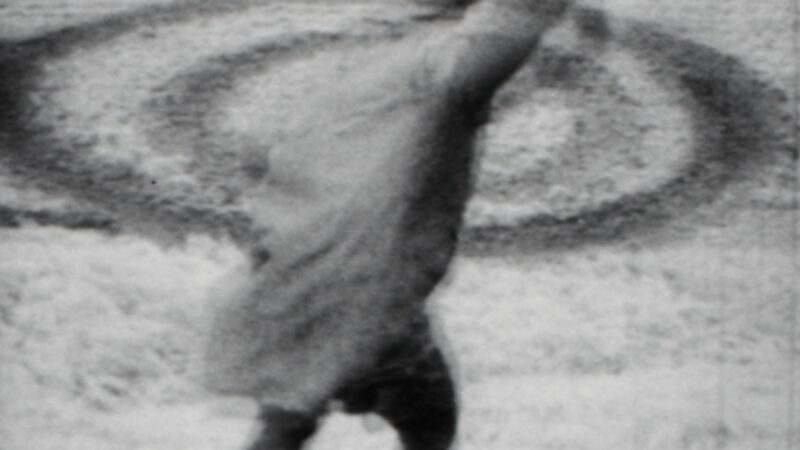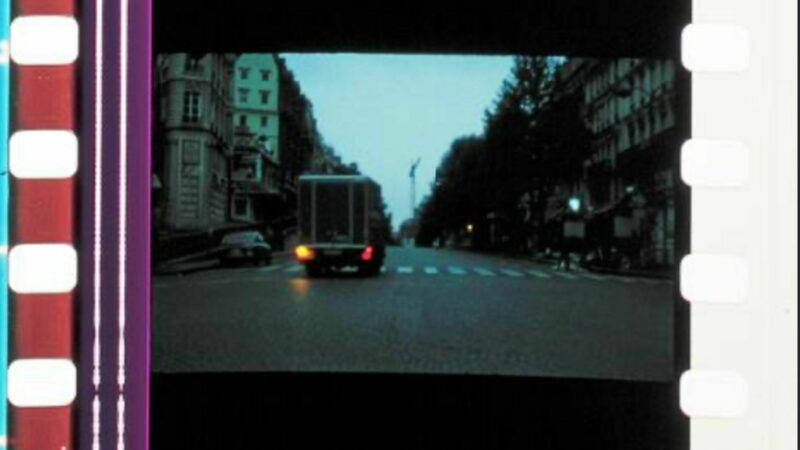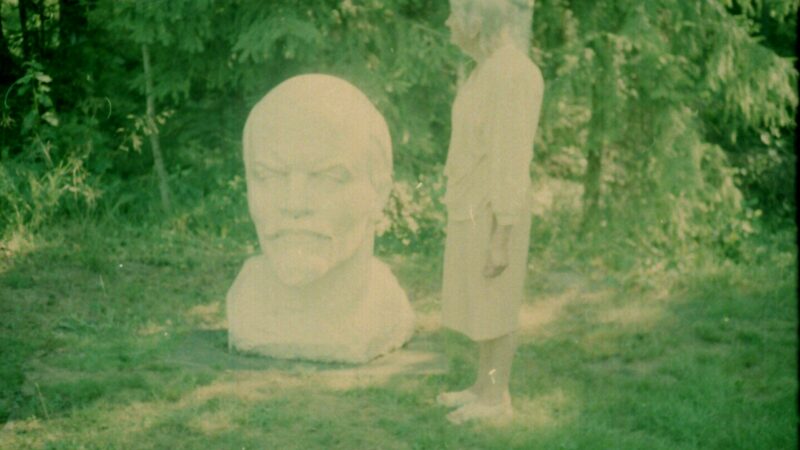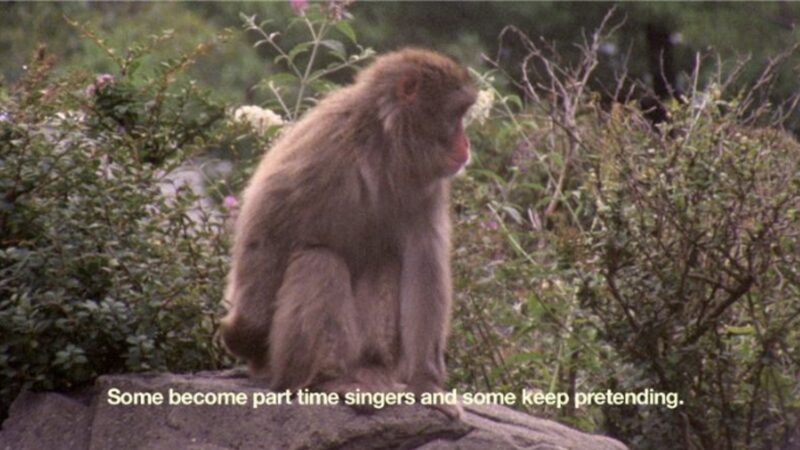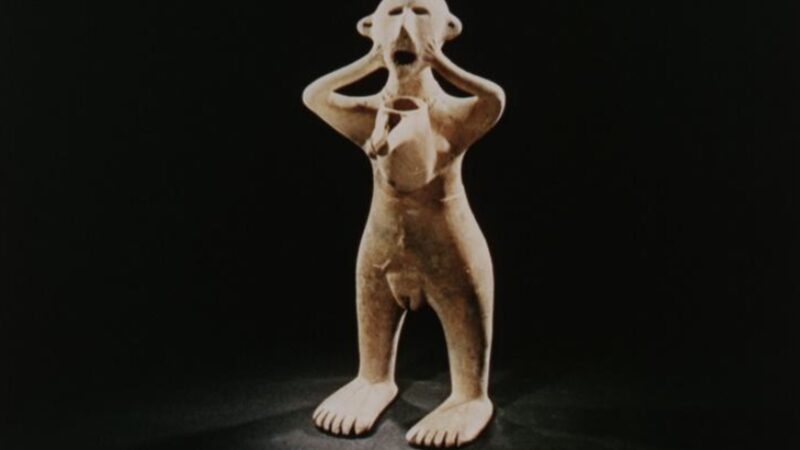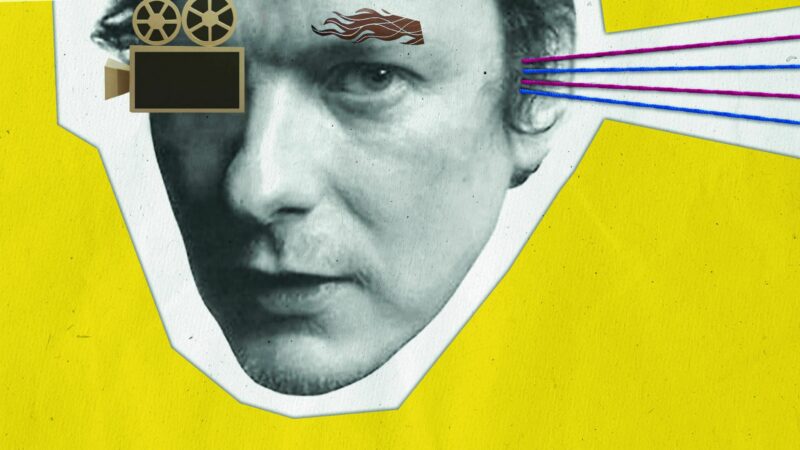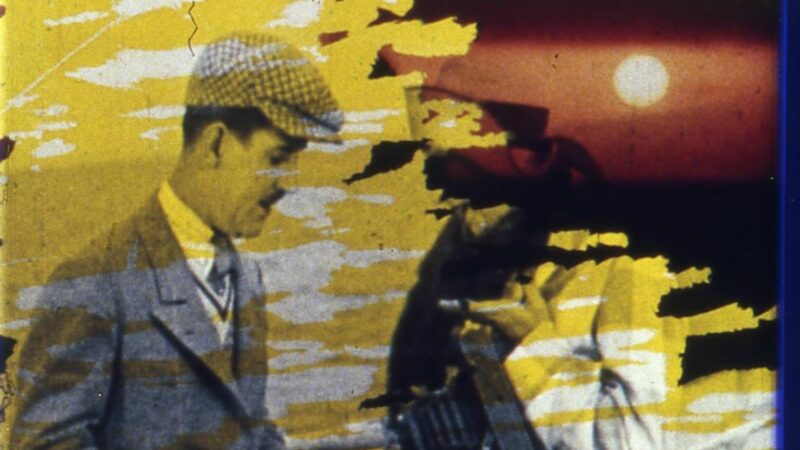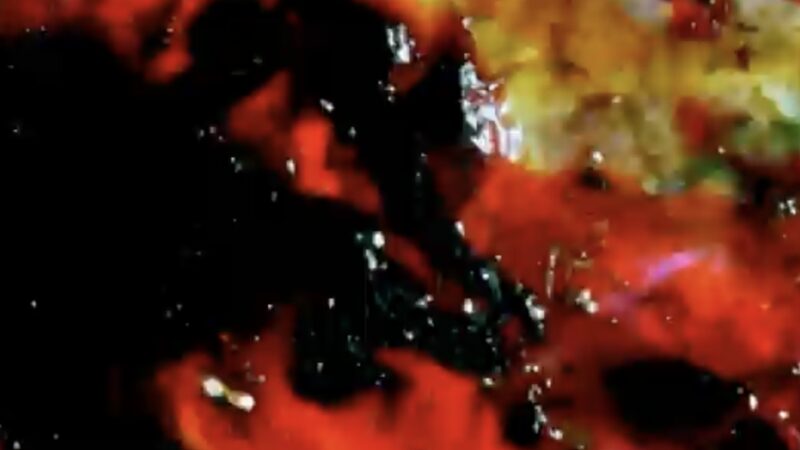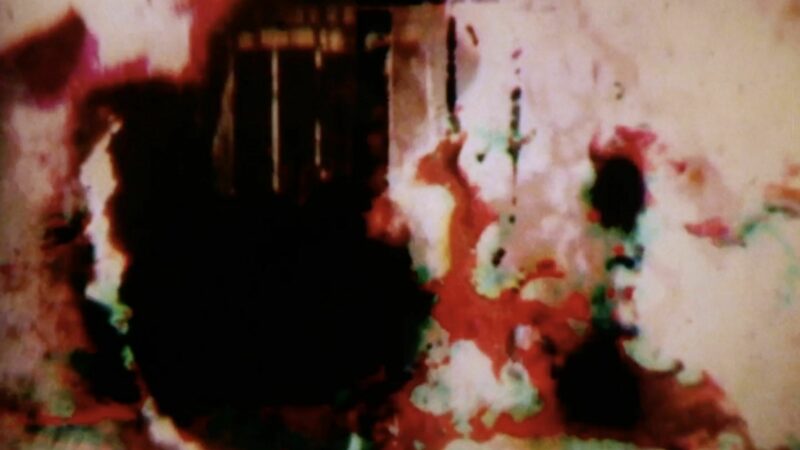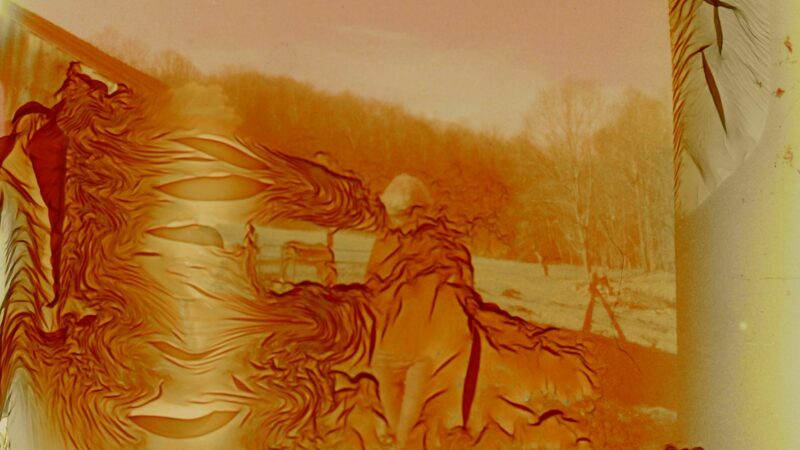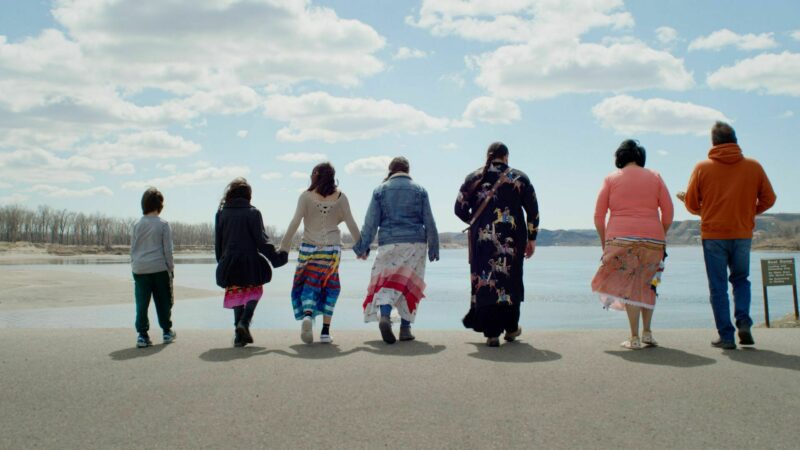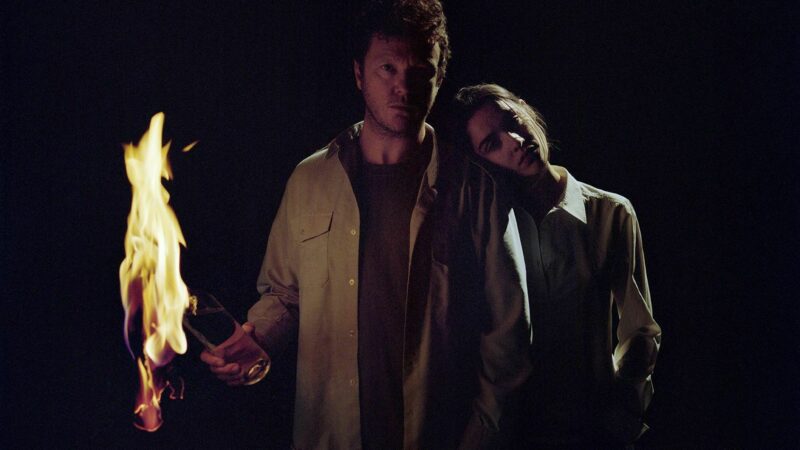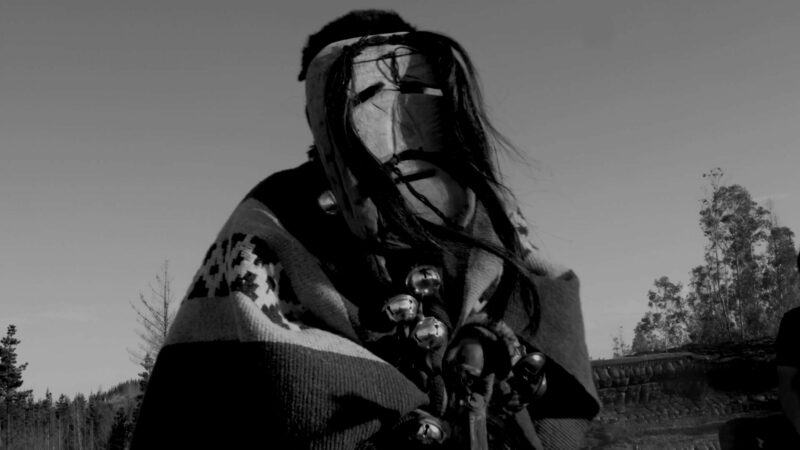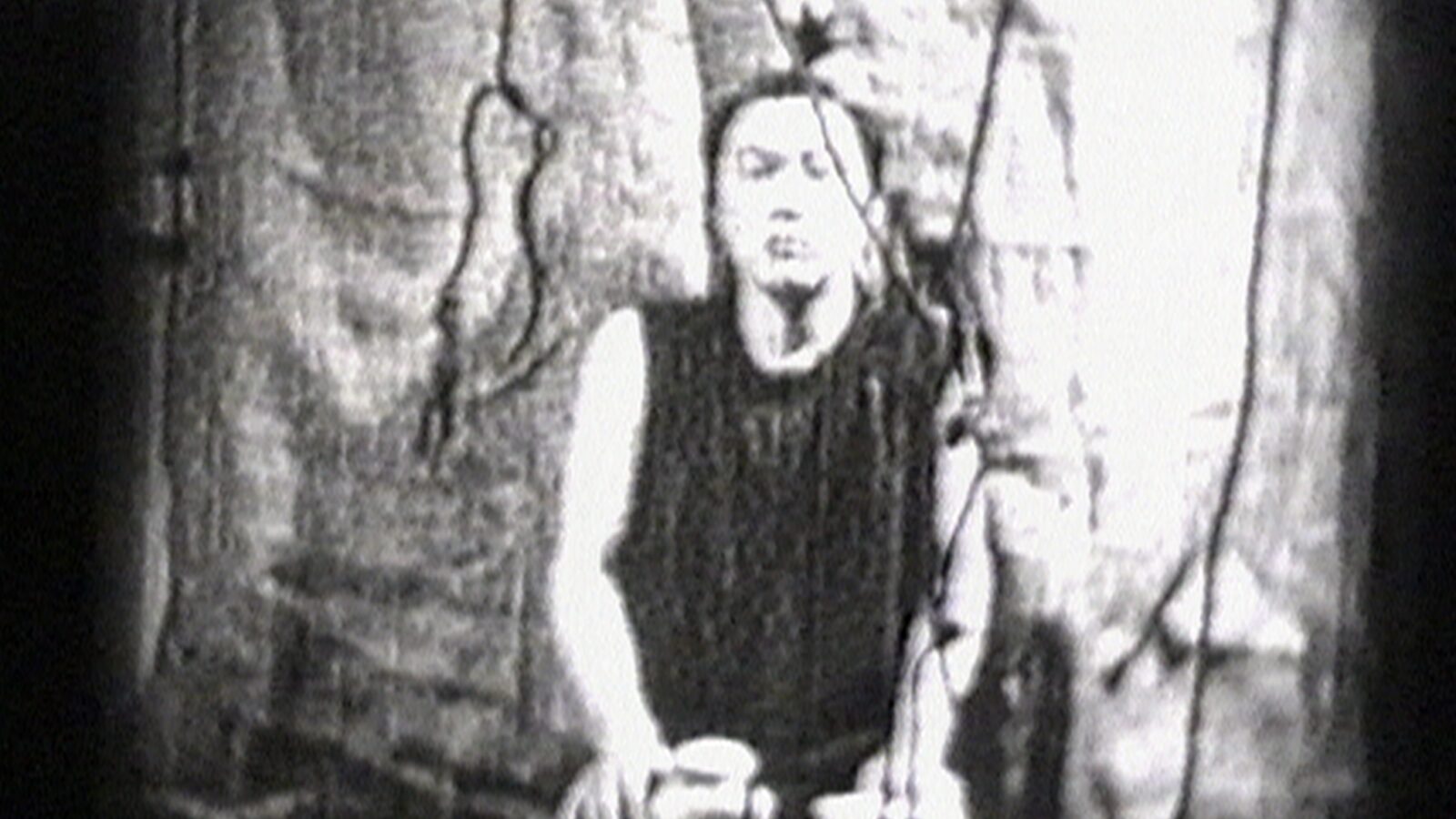
Presented only in theatres.
This film is part of the program Carte Blanche au Centre Pompidou.
Alexander Ugay’s works explore the boundaries of time, place, and memory. Filmed in 8mm, Tea Ceremony refers to what the artist calls “the cinematographic object”. The material dimension of the piece is central to his work, because it carries political, ideological, and memorial meanings. The recording devices he uses, dating from the Soviet era, are full of history and unexpected events that blend fully into the work. On screen, the artist performs the ritual of the tea ceremony in what looks like a fragile reconstruction, imbued with irony and highlighting his native roots. Coming from a Korean family deported to Central Asia in the 1930s, Ugay shifts the performative experience of the film into an investigation of spaces of memory, both personal and collective.
Artist’s statement:
“An object might be considered as simply a historical (arti)fact, but if we understand time as the difference between an object from itself — in the sense of a life cycle — then we can say that the object contains time and has memory of its own. In certain situations and with a necessary amount of effort, this memory and time can be retrieved as evidence or presence.”
- Alexander Ugay
This film is part of the program Carte Blanche au Centre Pompidou.
Alexander Ugay’s works explore the boundaries of time, place, and memory. Filmed in 8mm, Tea Ceremony refers to what the artist calls “the cinematographic object”. The material dimension of the piece is central to his work, because it carries political, ideological, and memorial meanings. The recording devices he uses, dating from the Soviet era, are full of history and unexpected events that blend fully into the work. On screen, the artist performs the ritual of the tea ceremony in what looks like a fragile reconstruction, imbued with irony and highlighting his native roots. Coming from a Korean family deported to Central Asia in the 1930s, Ugay shifts the performative experience of the film into an investigation of spaces of memory, both personal and collective.
Artist’s statement:
“An object might be considered as simply a historical (arti)fact, but if we understand time as the difference between an object from itself — in the sense of a life cycle — then we can say that the object contains time and has memory of its own. In certain situations and with a necessary amount of effort, this memory and time can be retrieved as evidence or presence.”
- Alexander Ugay
| Director | Alexander Ugay |
| Production | Alexander Ugay |
| Editing | Alexander Ugay |
| Sound | Alexander Ugay |
Session
• Université Concordia - J.A. de Sève, LB-125, Pavillon J. W. McConnell
Sunday, march 16, 2025, 03:00 p.m. — 04:13 p.m.
Production
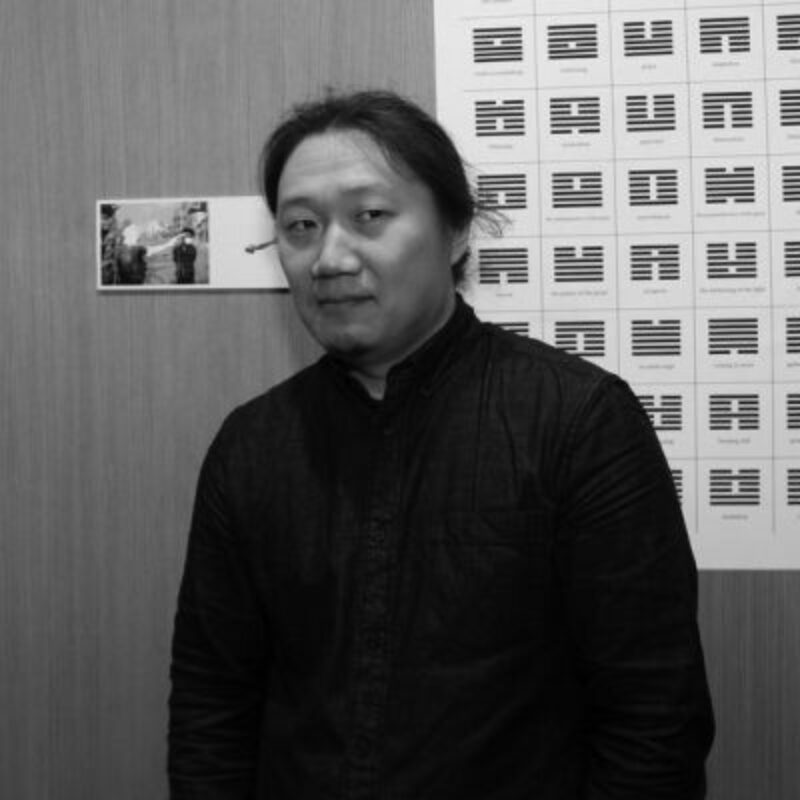
Alexander Ugay
Alexander Ugay (1978, Kazakhstan) is among the most active artists on the contemporary Kazakh art scene. Photographer, videographer and creator of “cinematographic objects” within the experimental collective Bronepoezd (translates to “armored train”), which he founded with Roman Maskalev, Ugay is particularly interested in memory, whether individual or collective. Trained in Saint Petersburg and at the University of Bishkek (Kyrgyzstan), he comes from a Korean family deported to Central Asia in the 1930s. Present at the Central Asia Pavilion during the Venice Biennale in 2007, he has also exhibited at the New Museum in New York in 2009 and regularly participates in numerous biennials and international projects.
Biographical notes provided by carte blanche curator Jonathan Pouthier
Biographical notes provided by carte blanche curator Jonathan Pouthier
In the same session
Université Concordia - J.A. de Sève, LB-125, Pavillon J. W. McConnell
Sunday, march 16, 2025, 03:00 p.m.


You would like




